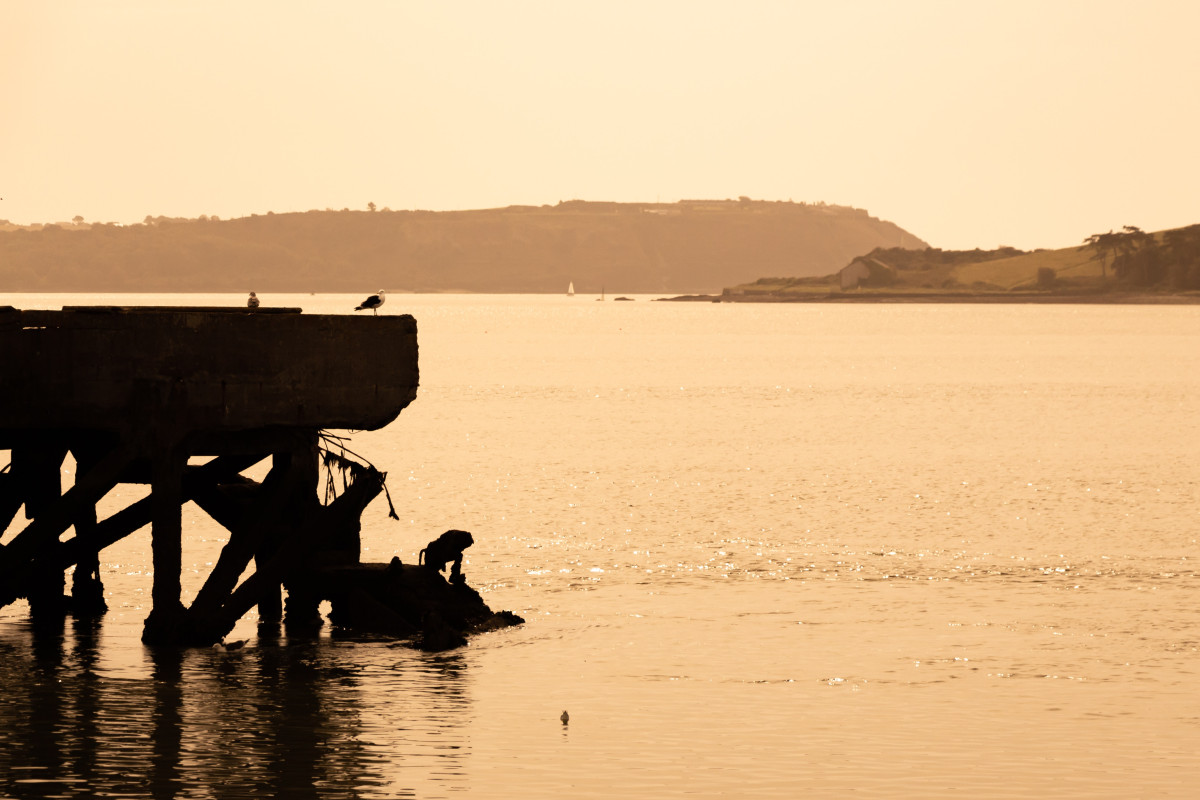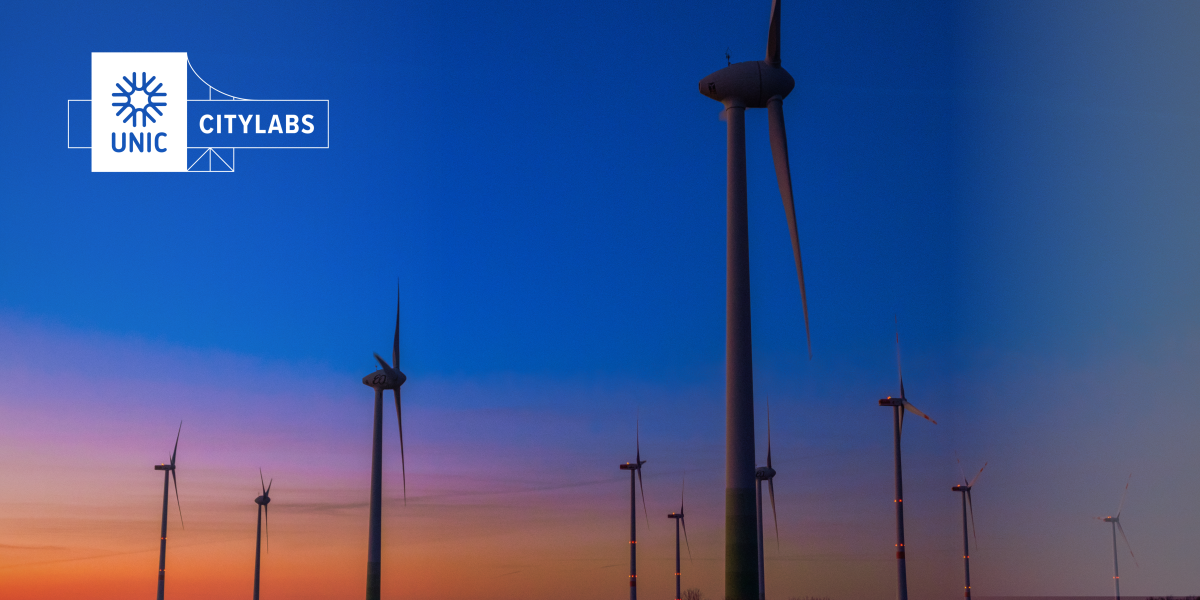The UNIC website uses cookies to improve your experience. Read our full Cookie Policy here.
For students with expertise in : Data science / Data science and engineering - Computer science / Computer science and engineering - Physical engineering - Geology and mining engineering - Architectural engineering - Civil engineering
TOPIC 1 : Assessing flood damage in the business sector
Understanding and predicting the impacts of hydrological hazards on society is of vital importance to guide risk management and adaptation. However, process knowledge of the impacts of hydrological hazards, particularly droughts, is poor. Existing models for ex-ante estimation of flood losses remain context-specific, so that validated models for transboundary catchments are scarce and cross-country transferability of models is limited. These models are also limited in scope, as most models are restricted to direct residential losses. Flood loss models for the business sector, including business interruption are less advanced than those for the residential sector. This master thesis aims to improve our understanding and modelling capacity of flood losses in the business sector by capitalizing on recent survey data as well as new data to be collected over the duration of the research. It will also deliver new insights into the recovery process of business and their adaptation to hydrological risks.
The following research questions will be addressed based on data of regional catchments in Belgium, Germany, and the Netherlands:
• Which are the main components of flood losses in the business sector (e.g. impacts on buildings, equipment, stock; business interruption), and which is their relative importance?
• Which are the main drivers of flood losses in the business sector? Do they differ across regions?
• Which level of accuracy can be reached in predictive modelling of flood losses in the business sector? How do empirical (data-driven) modelling approaches compare with other approaches in terms of accuracy, reliability, and applicability?
• How do businesses recover from and adapt to hydrological risks (i.e. floods and droughts)?
Topic 2 : Modelling and Evaluation of Nature-based Solutions for Reducing Fluvial Flood Risk
Frequent and intense flooding events demand a reevaluation of existing protection measures. The rise of Nature-based Solutions (NbS) has sparked growing interest due to their enhanced resilience compared to traditional grey infrastructure and the co-benefits they provide, particularly in promoting social inclusion and enhancing natural ecosystems. Understanding how to effectively incorporate these green solutions into flood protection frameworks is crucial.
This intership focuses on numerical models to address this challenge by studying key topics such as the combination of measures at different scales and risk evaluation, including river junctions. The Vesdre catchment will serve as a pilot study to connect conceptual ideas from spatial-planning masterplans with practical design and sizing of protective measures.

Topic 3 : Numerical modelling of flood-induced pollutant transport in riverine systems
The intership is focused on the numerical modelling of pollutant transport in riverine and riparian systems during flooding events. The goal is to develop robust tools and approaches for modelling pollutant dynamics with a focus on fluvial flooding events. This way, the project will improve our understanding of how pollutants move and disperse in these interconnected environments. The insights of the project will contribute to developing sustainable management practices that enhance water quality and reinforce the natural resilience of these ecosystems.
Topic 4 : Flood storage in river systems as a nature-based solution for flood risk mitigation
Flood storage in the form of nature-based solution is a vital component of flood and drought risk management with multiple side benefits. Current operational approaches for designing, operating, and maintaining such solutions remain fragmented across Europe, which hampers mainstreaming their implementation by municipalities and other stakeholders. During this intership, the student will (i) benchmark existing approaches (including the creation of a shared typology of temporary flood storage systems), (ii) develop and demonstrate innovative spatial analysis for automatically pinpointing locations of interest, and (iii) develop and test solutions for assessing effectiveness (including under extreme flood conditions).
Application Procedure and Timeline: Please provide CV and motivation letter to Prof. B. Dewaels (B.Dewals@uliege.be). Internships can happen anytime starting from September 2025 and until september 2027.

Title: Developing a Building Energy Model for a Zero-Energy Senior House (Fully Electric) in the Netherlands
Hosting Unit: Sustainable Building Design LabFaculty of Applied Sciences, Quartier Polytech 1, B52/3, Allée de la Découverte 9, 4000 Liège, Belgium
Internship Description:
This internship focuses on developing a simulation model for a nearly zero-energy senior row house located in Gissenburg, the Netherlands. The intern will contribute to:
• Collecting data from post-occupancy monitoring and field surveys
• Conducting a simplified energy audit and comparing results with public benchmarks
• Analyzing electricity use and calibrating the model with monthly energy bills
• Evaluating indoor environmental quality and the real-life performance of a heat pump and PV system
The model will be built using DesignBuilder and aligned with CEN 16798 and CEN 15316 standards.
Skills to Be Gained:
• Building energy and performance modeling
• 3D modeling using photogrammetry techniques
• Comfort monitoring and energy audit practices
• Real-world analysis of heat pump and PV performance
• Application of EU standards for building energy simulation
Duration and Timing:
• Duration: 3 to 6 months
• Start date: Flexible, depending on the candidate’s availability
• Location: Liège, Belgium (with the possibility of hybrid working)
Target Profiles:
We welcome applications from students in the final year of their Bachelor’s or Master’s degree in:
• Mechanical Engineering
• Environmental Engineering
• Civil Engineering
• Architectural Engineering (with a focus on energy)
Language: English
Application Procedure: Interested candidates should send a CV and a motivation letter to 📧 shady.attia@uliege.be
UNIC HEI Award 2025: Two Outstanding Courses Recognised for Inclusive ...
The UNIC Alliance is pleased to announce the winners of the UNIC HEI Award 2025 – Best Practic...
08 Jan 2026
Read more »Call for Submissions: UNIC Thematic Lines CityLabs Award 2026
Deadline: 16 March 2026 (23:59 CEST)
06 Jan 2026
Read more »RUB Centre for City Futures opens in Bochum, Germany
The UNIC Centre for City Futures (CCF) is a change agency bringing universities and cities tog...
18 Dec 2025
Read more »